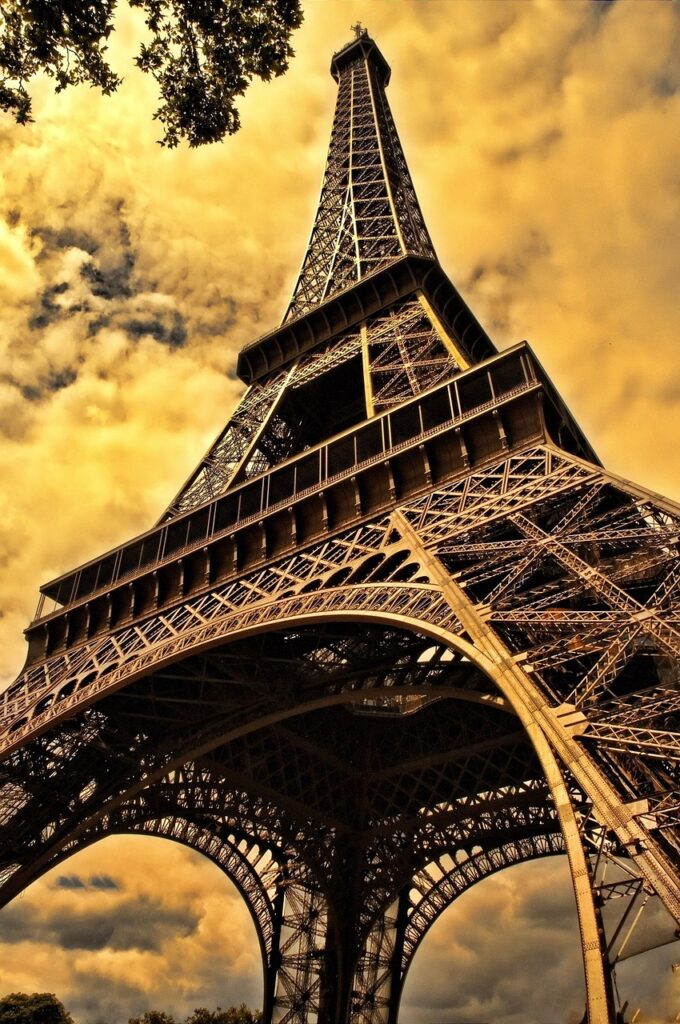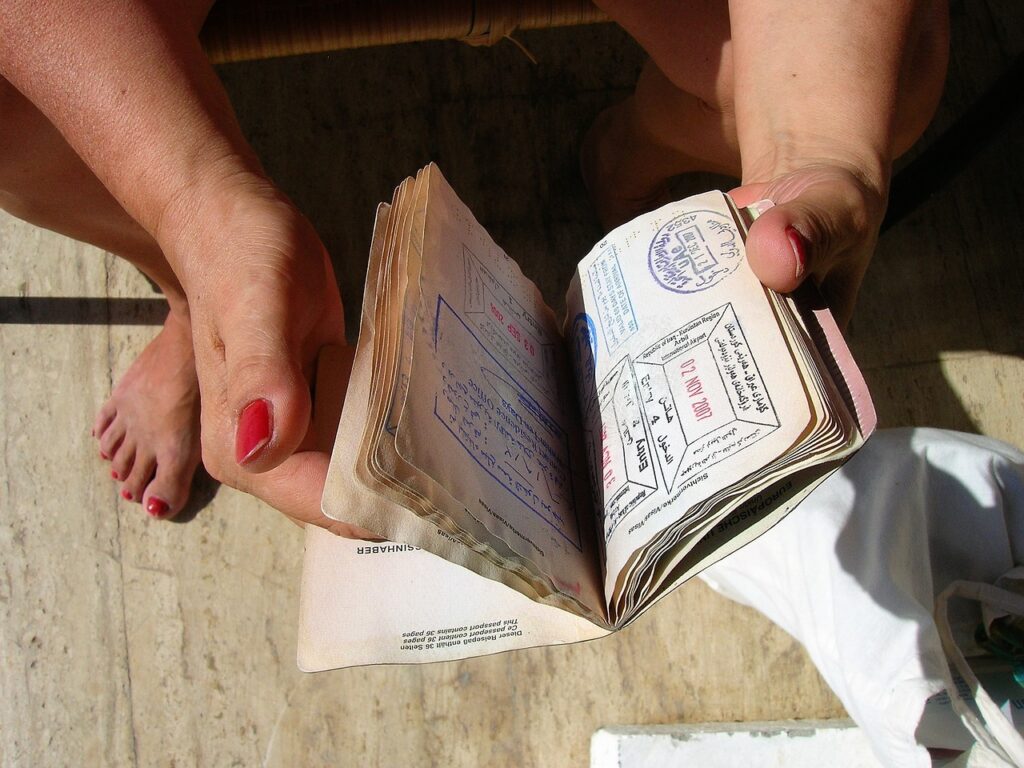We really liked this article by Emma Beddington a Guardian columnist, so we thought that we’d re-post as some of our overseas clients may not have access to this UK newspaper.
I have wanted to be French since I was 16 and found French Elle magazine in the school library, with its adolescent catnip combination of lipstick, serious books and films featuring Daniel Auteuil brooding alluringly. The celebrity “my day” feature provided me with highly specific visions of Frenchness to aspire to: one day, I, too, would rise at noon for an espresso and a marron glacé, dress in Chanel and work on my creative projects, only breaking to eat oysters and smoke on a cafe terrace with one or more of my lovers. Thirty-two years later, approaching five years back living in England, fatally unchic, addicted to tea, vegetarian stodge and lowbrow television, I am finally French.
It feels unfair, like cheating. Married to a Frenchman, with the resources to pay for the translations, French test and trips from York down to London, the main obstacles I faced were Covid-related cancellations and my own administrative incompetence. But for most applicants, citizenship is – deliberately – arduous, an impenetrable, obstacle-strewn maze. It’s not me saying that, it’s the French Defender of Rights (an independent authority that “ensures respect for rights and freedoms”). Its 2022 report describes the process as “full of pitfalls”, with refugees, elderly people and those without a stable address (inevitably poorer people) left behind. Not just them: my sister, who has worked in a refuge for vulnerable people in Paris for years, had her application rejected on a technicality. She’s reapplying, but pessimistic. The situation for would-be citizens is much worse here in the UK (and the mere existence of a “defender of rights” holding the authorities to account is refreshing), but the égalité bit of the French national motto feels strained.


Despite all this, I’m thrilled and grateful. On the practical side, my husband’s tolerance for a country that makes it abundantly clear it doesn’t want him is wearing thin. He doesn’t want to get old here, and fair enough. On the sentimental side, becoming French feels like a genuine privilege: it is a privilege. The founding principles of the republic are beautiful, French culture has been a lifelong inspiration and it’s the country of my heroes, Simone de Beauvoir, Simone Weil and the gateau Saint Honoré.
Sorry, I’m still a bit tipsy from the 10am glass of champagne at my citizenship ceremony in London this morning (vive la France). If there had been a final Gallic insouciance test, I would have failed: I spent ages worrying what to wear and whether I should clear my browser history of all traces of Emily in Paris.
I considered learning the Marseillaise properly, then remembered my spouse’s often-repeated claim that knowing all the words to the Marseillaise was the ultimate giveaway for German spies during the war, and didn’t bother. I wore lipstick though; it’s what French Elle circa 1990 would have wanted.
Ultimately, I needn’t have worried (though my husband forgot his paperwork and had to blag his way in, Frenchly). Twenty of us were becoming French, happy, relieved and slightly self-conscious. The consul gave a genuinely moving speech about Republican values, quoted Camus – of course – on European identity, said we were “living proof you can’t define national identity restrictively” and shook our hands. We sang the Marseillaise (some new citizens had swotted more assiduously than me), took photos and ate an eccentric selection of snacks (Pringles and extremely British biscuits). With our nationality documents, we received a facsimile of the 1789 Declaration of Rights; a letter from monsieur le president and a “So you’ve just got French nationality” leaflet that looks like something you’d get at a sexual health clinic. The whole event was solemn, slightly funny and quietly joyful.
Wanting citizenship – of anywhere – is an expression of hope, and aspiration. It means something; it’s OK for it not to be easy, but it should be fair. “France’s identity is constantly evolving and being built; the national story is being written daily and it is fed by all those who choose to become French, like you,” the consul said, which is beautiful and inspiring. But it could be an even better, richer, story.